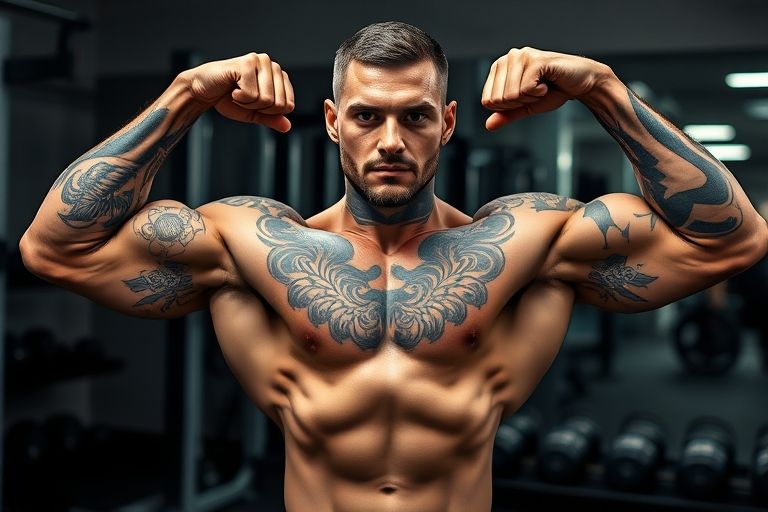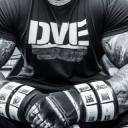

Tattoos have become increasingly popular in recent years, with people from all walks of life embracing body art as a form of self-expression. Bodybuilding, on the other hand, is a sport that demands discipline, dedication, and a flawless physique. But what happens when these two worlds collide? Are tattoos allowed in bodybuilding? In this article, we will explore the relationship between tattoos and bodybuilding, examining the potential challenges and opportunities they present for athletes.

Tattoos were once stigmatized and associated with rebellion or criminal behavior. However, societal attitudes have evolved significantly over the years, and tattoos are now widely accepted as a legitimate form of self-expression. Many professional athletes, including bodybuilders, proudly display their inked muscles on stage, challenging traditional stereotypes and embracing their unique identities.
It is worth noting that while tattoos have gained mainstream acceptance, there may still be certain prejudices within the bodybuilding community. Some judges and organizations may have their own opinions on tattoos, which could influence competition outcomes. However, this should not discourage athletes from expressing themselves through body art.

When it comes to bodybuilding competitions, the judging criteria typically focus on factors such as muscle size, definition, symmetry, and overall presentation. While tattoos do not directly affect these physical attributes, they can influence the overall aesthetics and perception of the athlete.
Some judges may appreciate the uniqueness and artistic value of tattoos, considering them as part of an athlete's personal style. Others, however, may view tattoos as a distraction or detractor from the muscularity and symmetry that are traditionally associated with bodybuilding. Ultimately, the impact of tattoos on judging criteria can vary from one competition to another and is subject to personal preferences.

Tattoos can have both positive and negative implications for bodybuilders. Let's explore some of the benefits and drawbacks:

1. Are tattoos more common among bodybuilders today?
Yes, tattoos have become increasingly popular among bodybuilders and fitness enthusiasts as a way to showcase their individuality and personal journey.
2. Can tattoos affect muscle definition?
Tattoos do not directly impact muscle definition. However, depending on their size and placement, they can influence the visual perception of muscle symmetry and clarity.
3. Do professional bodybuilding organizations have specific rules regarding tattoos?
Most professional bodybuilding organizations do not have strict rules against tattoos. However, individual judges may have personal preferences that could impact an athlete's score.

Tattoos and bodybuilding can coexist harmoniously, allowing athletes to express their individuality while sculpting their physiques. While there may be some challenges and personal biases within the bodybuilding community, the changing perception of tattoos in society suggests a more inclusive and accepting environment for inked bodybuilders. Ultimately, it is up to each athlete to decide whether tattoos align with their personal brand and goals in the sport.
So, if you are a bodybuilder considering getting a tattoo or already have one, don't let the fear of judgment hold you back. Embrace your inked muscles and continue to strive for excellence both on and off the stage.